Bed bug infestation is a huge problem once these critters settle in your home. So naturally, people want to get rid of them as soon as possible, and do it quickly and effectively.
Connected with this, a question often appears whether bed bugs have any natural predators that can help you to cast away these bloodsucking parasites from your home.
Like that, you would be sure that, in addition to chemical anti-bed bug treatment, you have natural helpers that protect your house from outside.
So today we will try to investigate what naturally eats bed bugs, and whether these pests have natural predators at all. With this information, you will be able to prepare the protection measures and remedies to repel bed bugs from your home.
And also, you will be aware of what to hope for and what to take into consideration when finding the traces of these pesky critters in your bedroom.
What Species Eats Bed Bugs?
If you are looking for the species that naturally feed on bed bugs, we can name several of them that can consume these bloodsucking critters as one of their sources of food. However, if you try to find species that feed on bed bugs only, you will not find any.
See, bed bugs have no natural predators that eat only them!
So grab the list of insects and bugs that mostly prey on bed bugs and can be helpful for you to have around your home as a regulation measure of these pests’ population. However, do please note that most of these bed bug eaters are not something that you would like to have close to yourself!
And of course, it doesn’t mean that you have to rely on natural bed bug eaters only when dealing with these pests in your home!
Having natural bed bug enemies around is good since these creatures can help you to decrease the population of pests.
However, don’t forget about anti-bed bug treatment as well. Of course, using chemicals inside of your home is not something everyone is longing for, but since it is the only effective and proven way of destroying the pests, you have no other chance to deal with them.
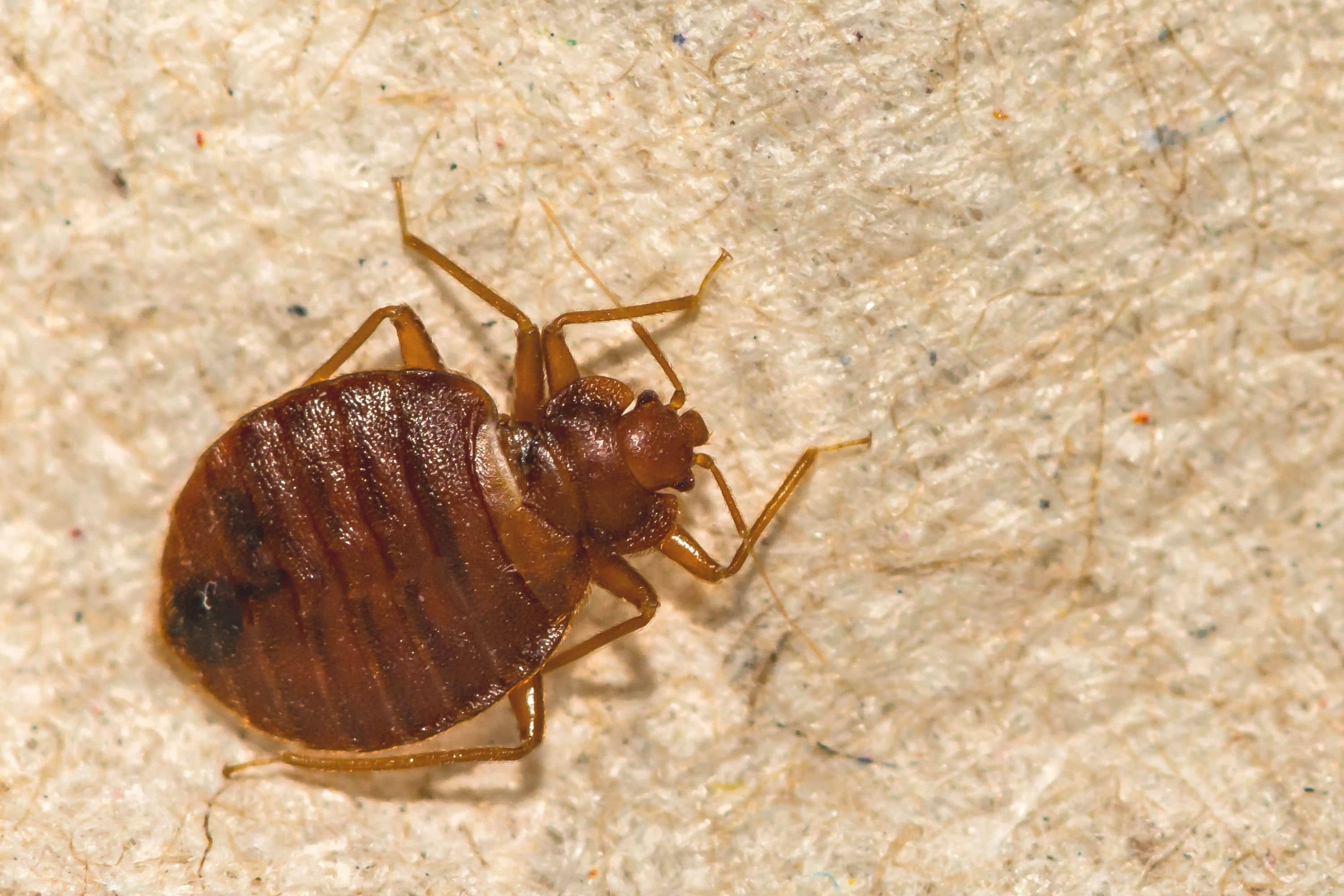
What Kind Of Insect Eats Bed Bugs?
Speaking of insects that feed on bed bugs, spiders are the first ones that come to mind. In a home at any given time, there are several different species of spiders. They are one of the most common insects that we can find in our houses.
And while some of us may complain about these eight-legged creatures, there are certain benefits to keeping them around!
See, spiders are the insects that will definitely eat bed bugs! While none of us wants spiders in our beds or around them, these insects are natural predators that mostly feed on other insects they can find.
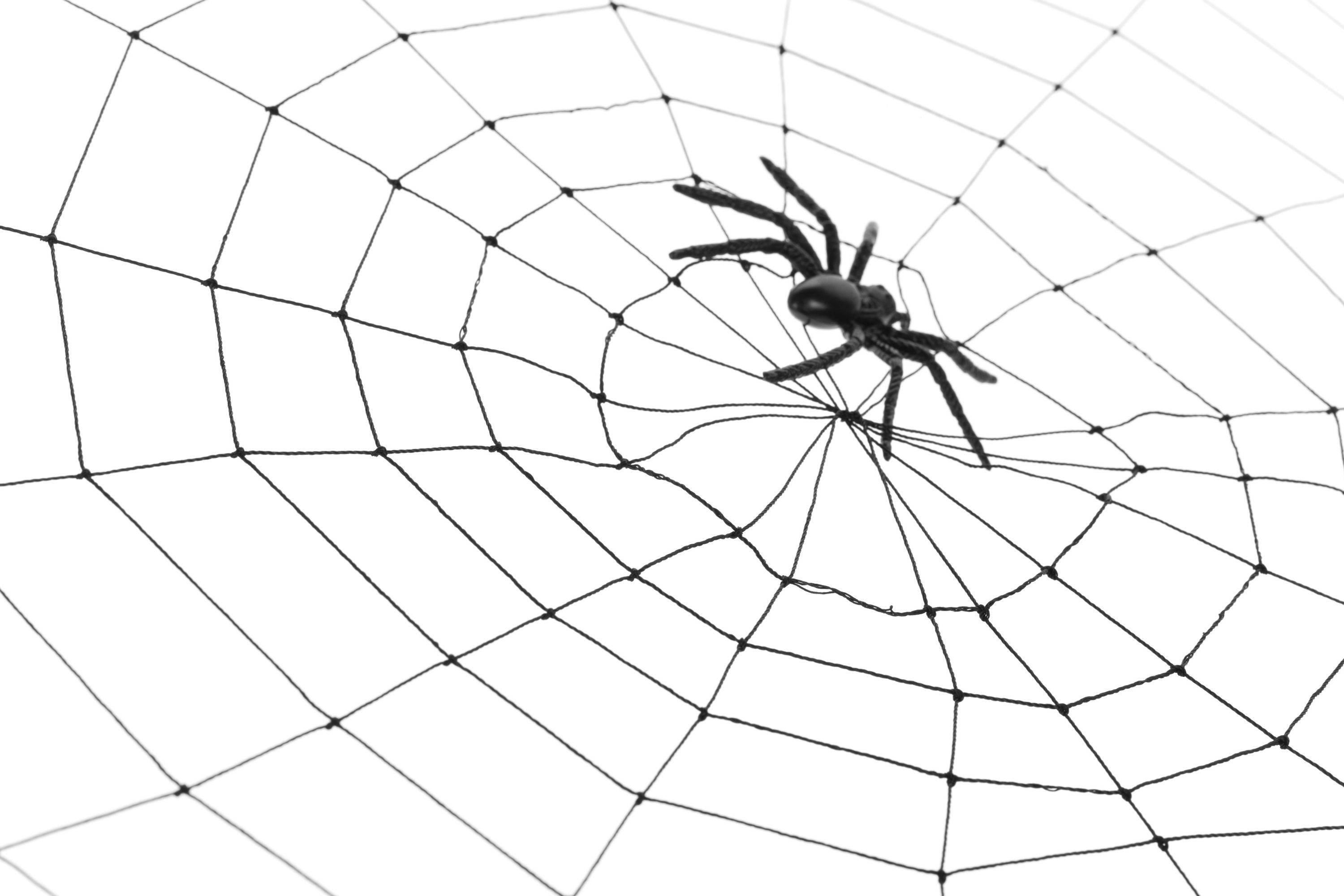
So if you have found a bed bug infestation in your home, you may begin to notice more spiders around the infested areas.
Don’t worry, this is quite normal. Like this, Mother Nature tries to keep the balance.
As for the particular species of spiders that eat bed bugs, any of these eight-legged insects that dwell in your home can help you to keep the pests’ population at bay.
Cockroaches
Another kind of insect that eats bed bugs is cockroaches. Yes, these are not the most pleasant “neighbors” to have around, and everyone tries to get rid of them as soon as possible once a single cockroach is spotted in our home!
However, you will be surprised to know that these annoying creatures are in fact our biggest helpers in fighting bed bug infestation!
Except for feeding on our food and scraps that are left out or in the kitchen cabinets, cockroaches have been known for feasting on bed bugs, too!
So if you spot a cockroach in your home, and you think of having a bed bug infestation, your instinct may most likely be correct. Try to track where these pests are hanging out to be able to find the nesting spots of the bed bugs.
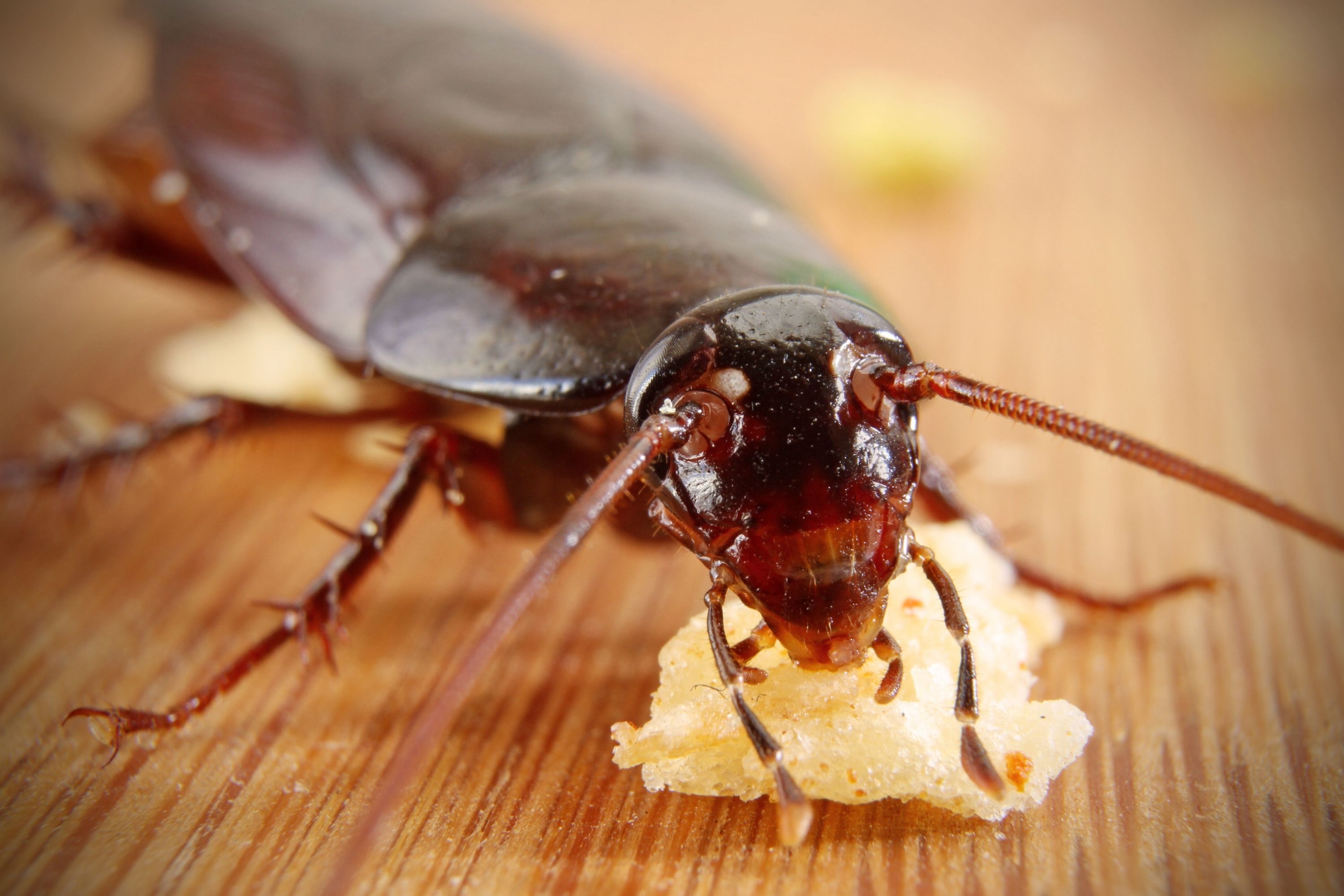
Centipedes
These multiple-legged creatures may look disgusting, but they are known home pests hunters! Centipedes prey on almost all household pests, did you know that? From bed bugs to spiders, these insects feast on it all.
This is why, if you notice an alarming number of centipedes in your home that is increasing noticeably, you might want to investigate further.
These insects move around quite a lot during the night, but they can also be present and visible during the day in case there is something (or someone) they can feed onn.
So make sure you are tracking their movements because it will lead you to a possible way bigger issue. For instance, to a bed bug nest.
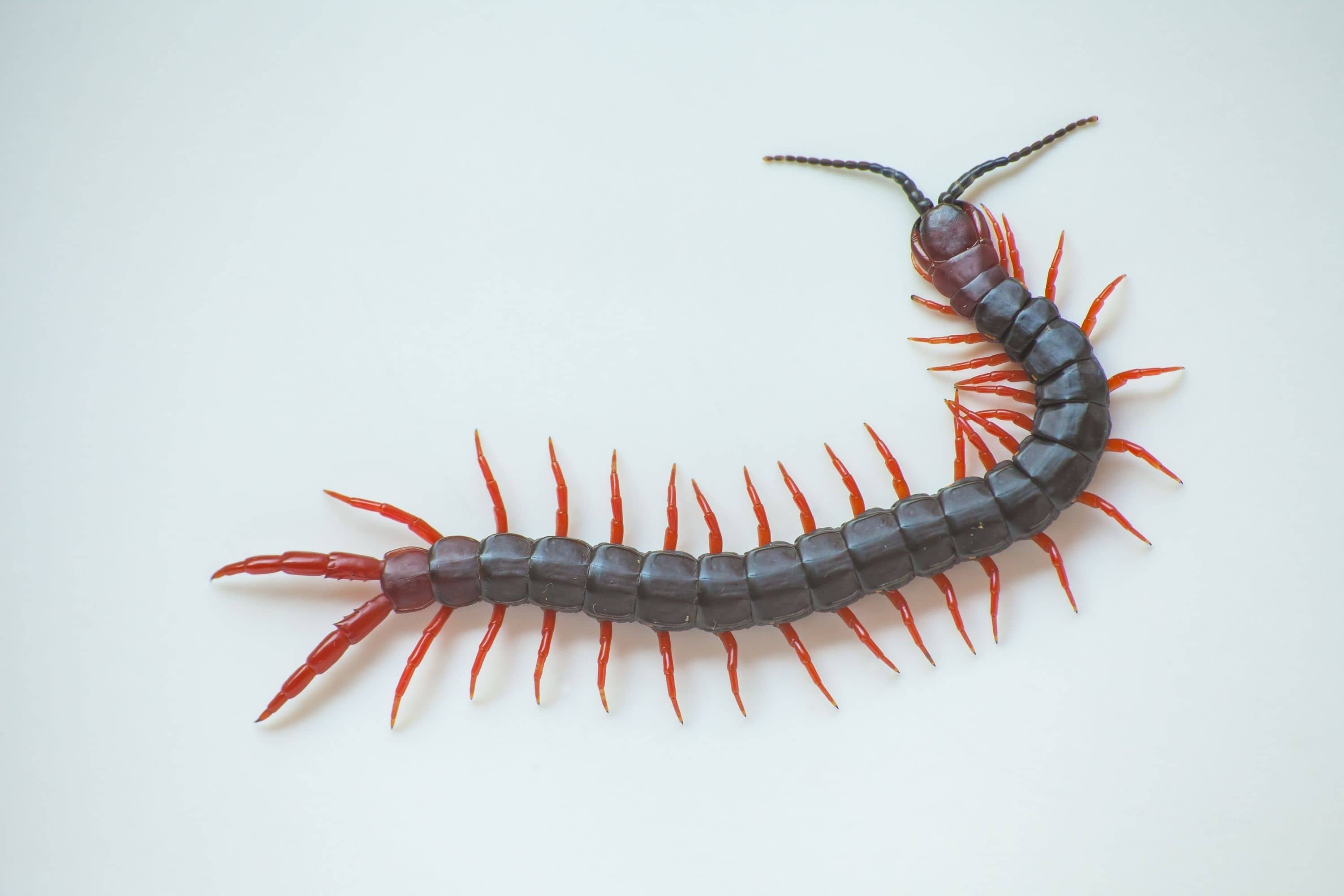
These tiny hard working creatures can eat pretty much any insect including bed bugs. Having a colony of ants in your bedroom is probably not an ideal thing, of course.
In this case, you will more likely be bitten by an ant rather than by a bed bug, especially if your home’s infestation is not yet out of control!
Nevertheless, we think it is necessary to include ants as well since they can eat bed bugs in theory. Certain types of ants will be more likely to eat them than others, by the way, but they will also be way more likely to bite you!
Fire ants are particularly dangerous for humans, for example, with some people even experiencing severe allergic reactions once bitten!
Ants
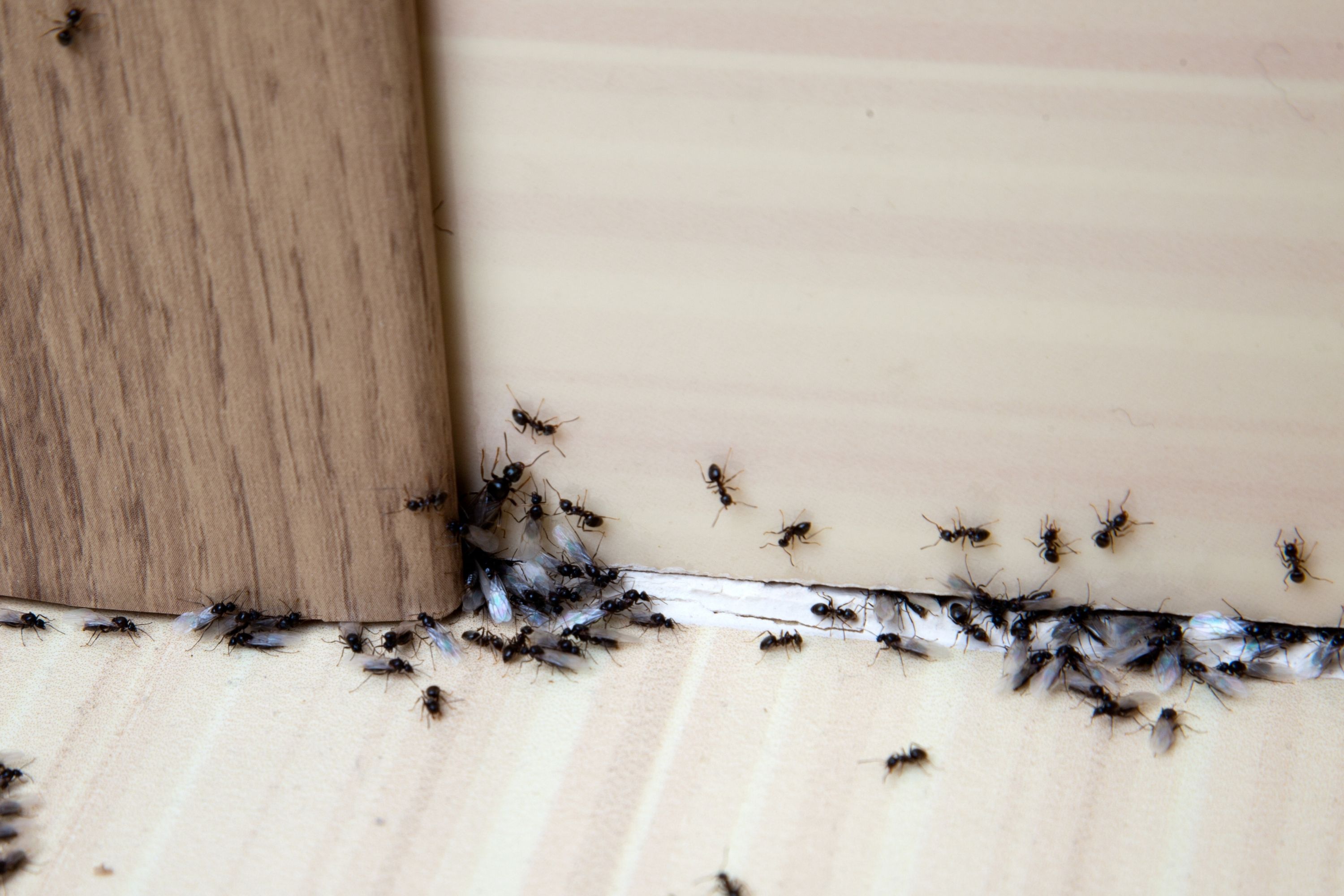
Moths
Yes, you got it right! Moths (Pyralidae: Lepidoptrera in particular) do eat bed bugs to be precise. However, they only feast on adult pests, not on larvae or eggs.
As you definitely know, quite many homes around the world always have a few moths living indoors.
They cause little damage (well, except for the damage caused to your clothes stored in a closet!), but they can show you where nastier pests dwell. So if you see moths flocking to your furniture or bed, it is very likely that you have bed bugs nesting there.
So what we recommend you to do is not to kill the moth, but to call an exterminator instead to have your home inspected for the signs of bed bugs and for their destroyal.
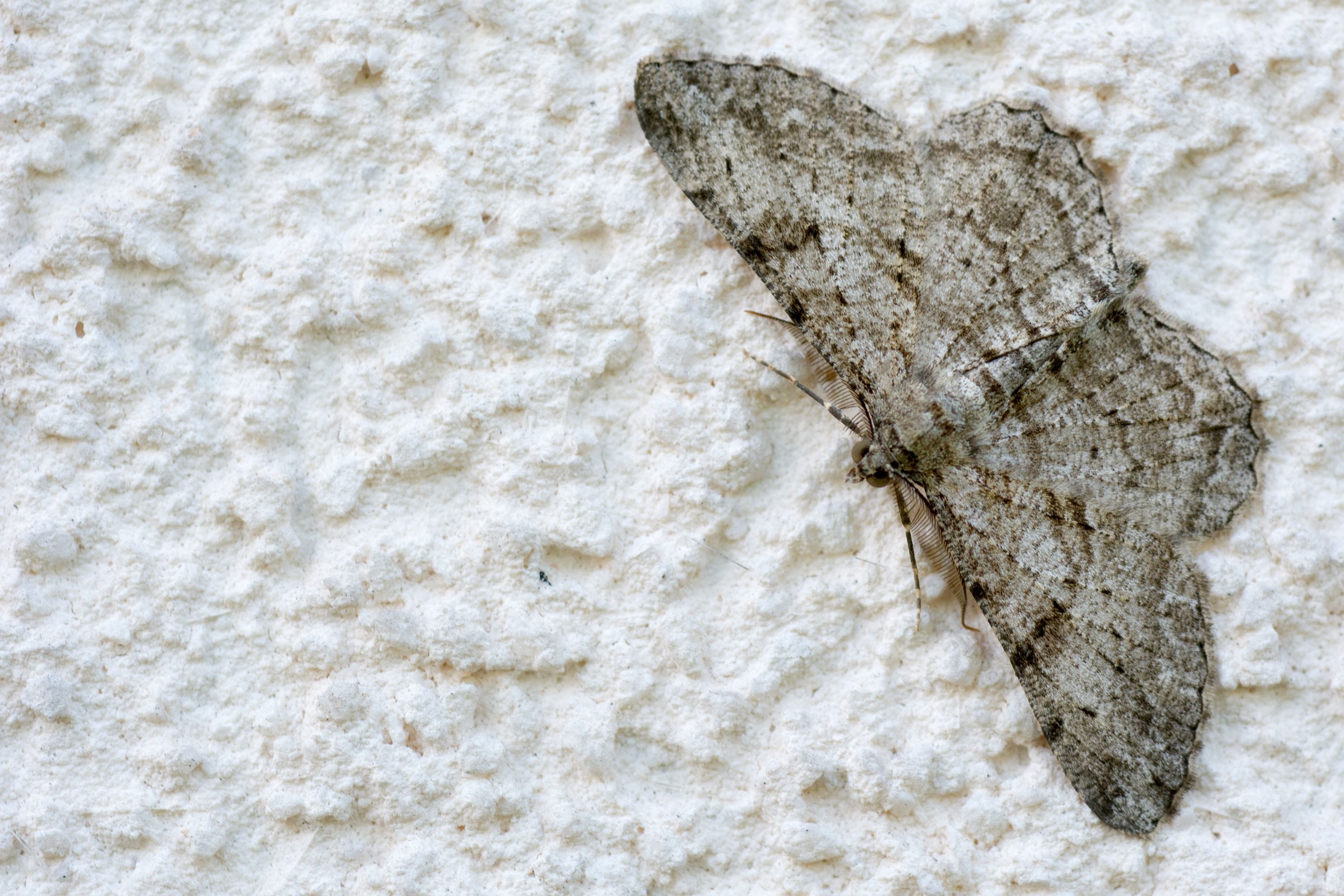
Masked Hunters
These bugs also eat bed bugs since they are also mostly active during the night when those little critters come out to feed on human blood. So if you spot masked hunters in your home, it most likely means that you have a bed bug infestation.
Unfortunately, masked hunters bring not only benefits. These bugs can leave painful bites on humans as well. This is because of their formidable jaws, which they use both for self-defence and for feeding.
This is why the best thing you can do when seeing a masked hunter around is to call an exterminator. As an option, while waiting for the professionals to arrive, you can start some natural remedies in order to get rid of the possible bed bug infestation.
These bugs and insects are all the bed bugs’ enemies and predators. However, since quite many of them are not the ones that you would like to have around (e.d. cockroaches!), we suggest you make use of chemical anti-bed bug remedies to get rid of the pests.
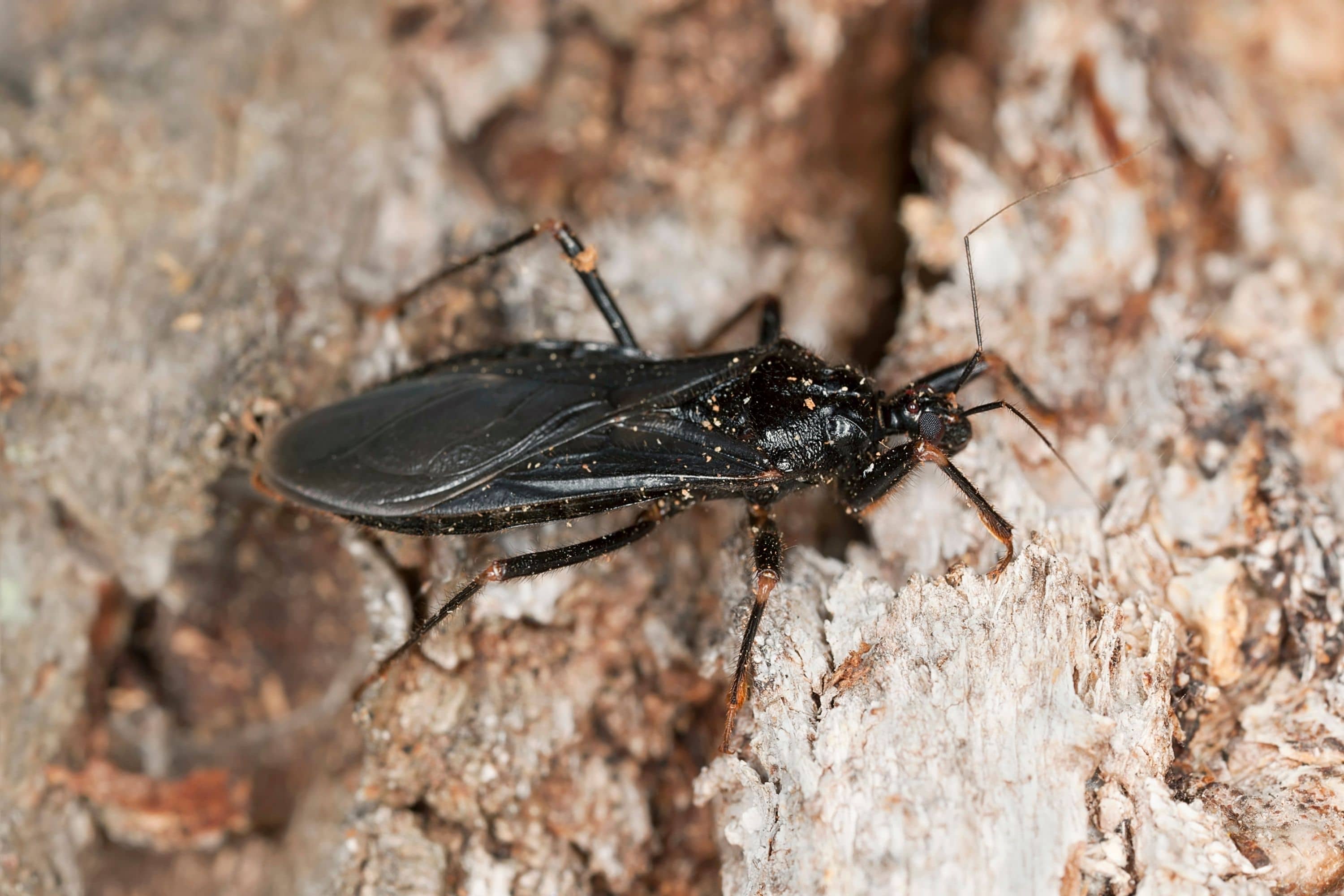
What Lizard Eats Bed Bugs?
You might not be aware of this, but certain types of lizards will gladly feast on bed bugs! They will even eat their larvae if given such a chance! However, lizards are the least common pest you will see around your home unless you live somewhere in Indonesia or another country with a similar climate.
This is why there is little practical use in keeping them around your house. With that being said, having these creatures living around your home can prevent bed bugs from getting inside.
Lizards will gladly eat those parasites once they try to get into your patio furniture or cushions, for example.
This is why, if you notice lizards in your yard or a garden, don’t cast them away.
These sneaky creatures will help you to avoid meeting bed bugs in your bedroom and will prevent a possible infestation.
Now that you know all this information, you will be able to figure out what insects, bugs, and beatles, as well as what other creatures can be helpful when fighting bed bugs, and which of them will make no use as your home protectors.
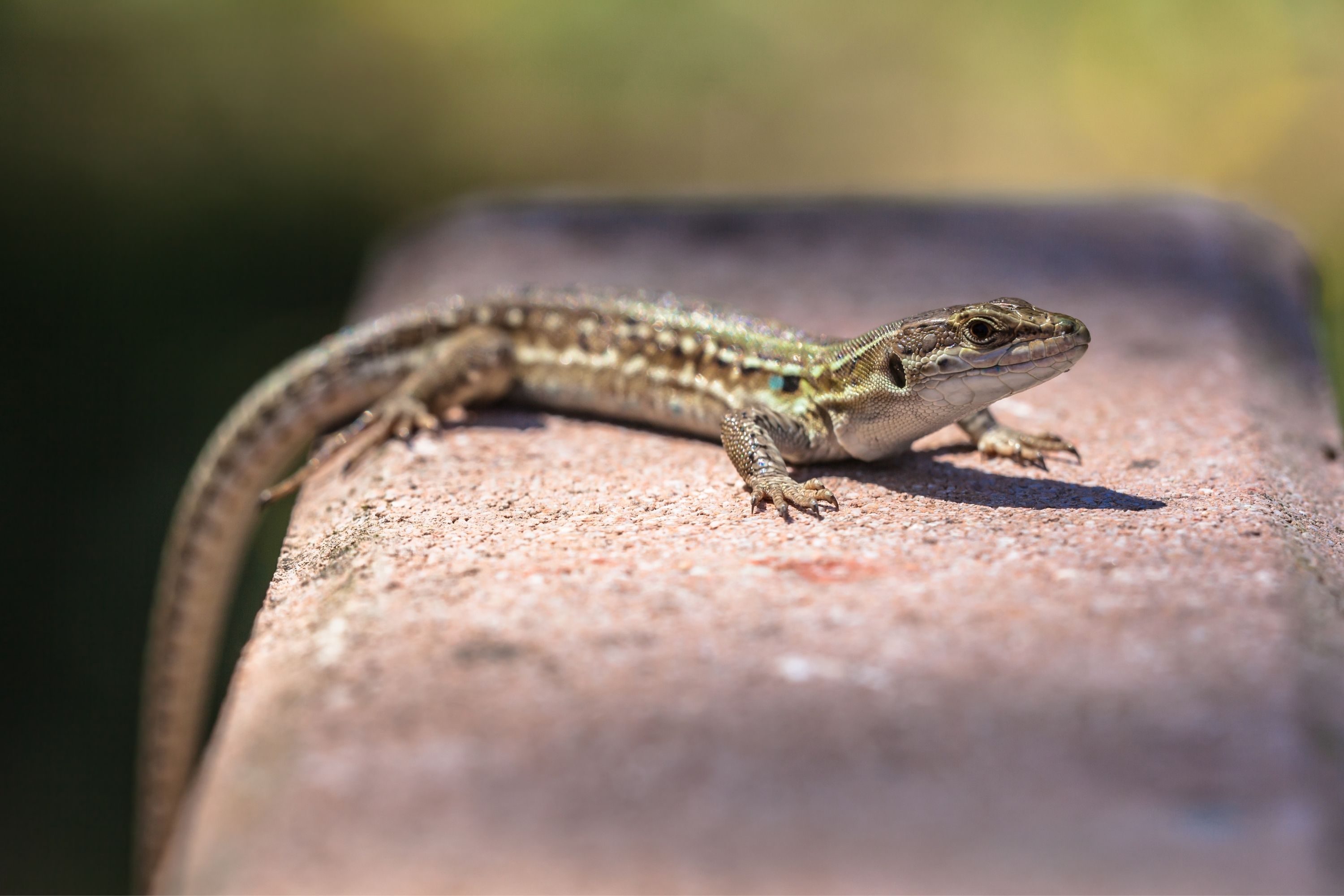
What Animal Eats Bed Bugs?
When you think of the creatures that eat bed bugs, you might wonder whether any mammals prey on these parasites. Most of all, you might think of our furry little friends, cats and dogs. However, upon closer investigation, it appears that our pets are actually less useful as bed bug hunters and eaters!
As for the cats, they do like hunting insects and even eat them. However, when it comes to bed bugs, cats are not interested in them. See, these critters are way too small for the furry kitties to catch them!
As for the dogs, they are of more use! They can actually be of great help when it comes to locating the bloodsucking pests. In some cases, they can even eat them.
Spiders
Most spider species are too small to hunt and eat bed bugs. However, there are some species that can. For example, the following spiders are bed bugs’ natural enemies:
- Wolf spiders
- Jumping spiders
- Running crab spiders
- Yellow sac spiders
All of them eat bed bugs since they are hunter spiders. Unlike most other spider species, these ones actively hunt their prey instead of trapping it in webs.
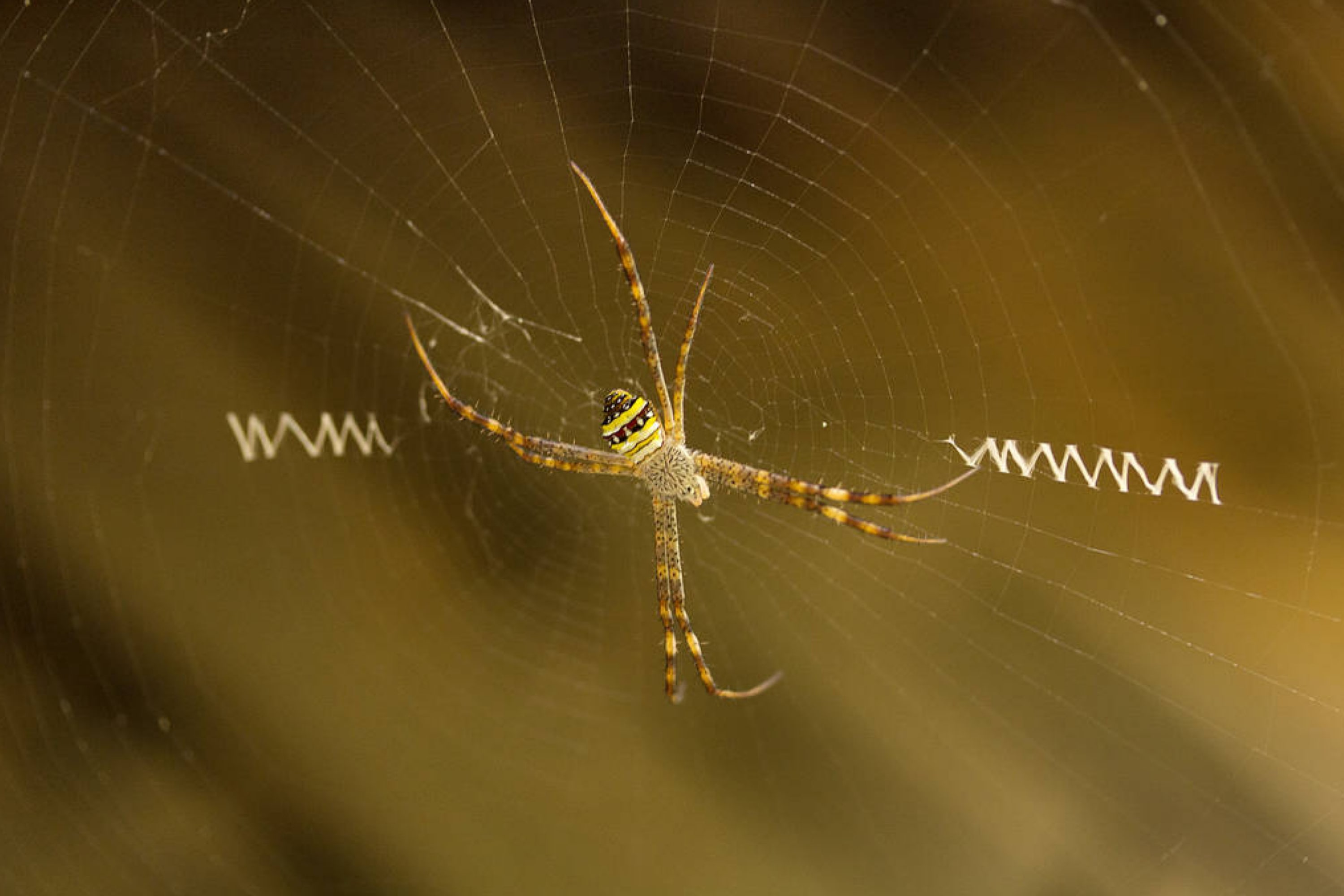
Cockroaches
Having cockroaches at home is not good, of course. However, these creatures do have a beneficial side. See, roaches feed on bed bugs! So, if you notice that the population of cockroaches in your home suddenly grew, consider checking for bed bugs. It’s very likely that you have a bed bug infestation!
Centipedes
Centipedes might not look very attractive and nice, but they hunt bed bugs down, which makes them helpful in fighting those tiny and pesky insects. Just like with cockroaches, if you see you have a lot of centipedes in your home, it means there might be a growing bed bug colony somewhere!
Ladybugs
Lady bugs are also known to eat bed bugs, but they feed on nymphs instead of adult insects. That’s because nymphs are much smaller than the adult bed bug, and a lady bug can easily cope with it.
Ants
Ants are also known as bed bug hunters, although not all ant species feed on bed bugs, of course. However, there are ant species that can be dangerous not only for bed bugs, but for humans as well!
For example, fire ants whose bites may cause serious health issues!
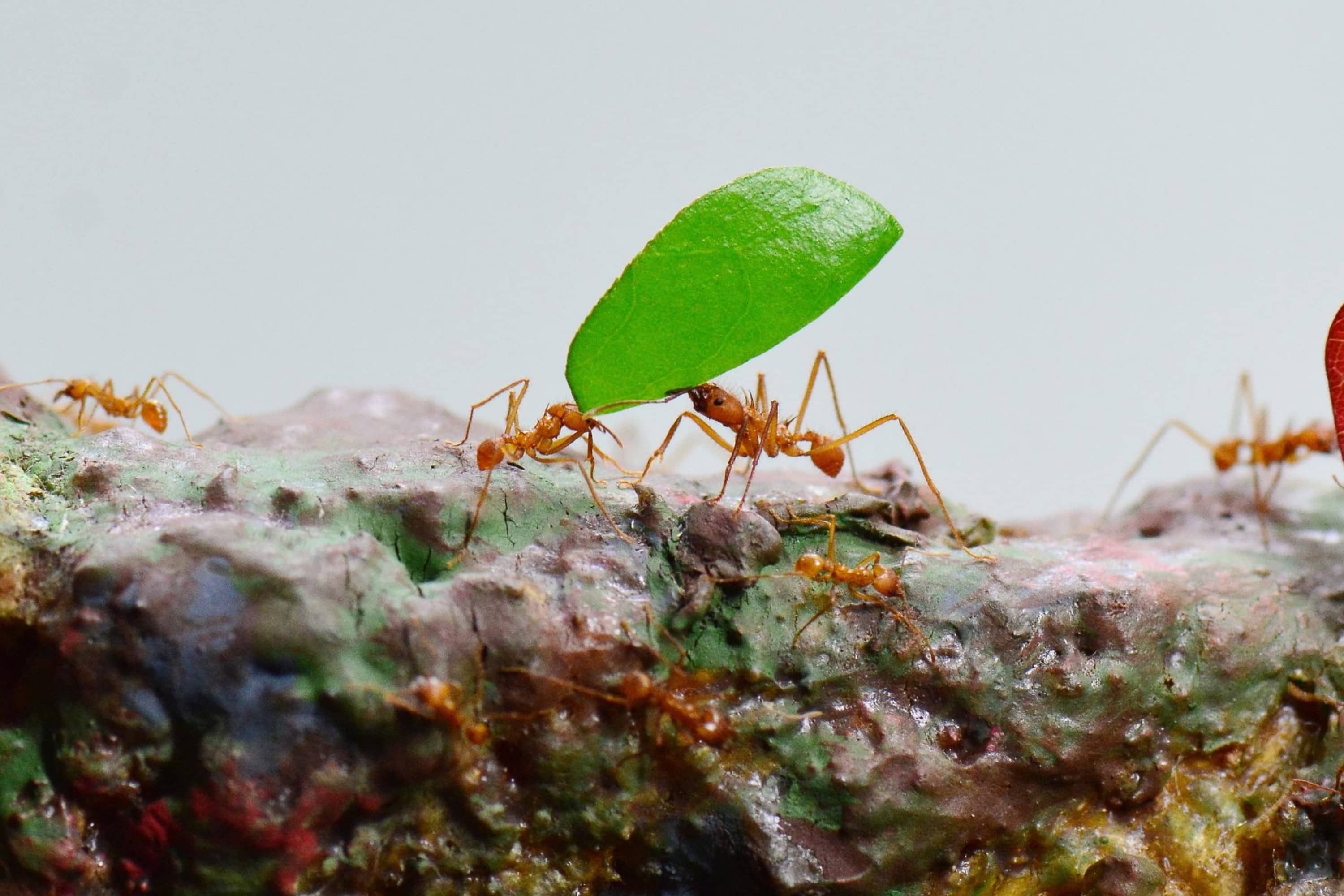
Lizards
Lizards also like to feast on bed bugs, but the problem is that they won’t hunt for those small insects. So if you have wild lizards on your property, don’t expect them to chase bed bugs for you. On the other hand, if you keep a lizard as a pet, then you could feed it bed bugs in its enclosure.
Cats/Dogs
Our four-legged furry friends will hardly be a good service as bed bug hunters. Well, at leats cats surely won’t. Speaking of dogs, some of them do eat bed bugs if they manage to catch them!
7 Effective Steps to Bed Bug Proof Your Luggage
If you travel often, it makes sense to protect your luggage from unwanted passengers. See, bed bugs can end up in your clothes and travel with you to your home in suitcases! Luckily, to avoid possible infestation, use these tricks to spot bed bugs long before they crawl into your luggage!
- Use UV flashlight to inspect the hotel room before you unpack. And remember to keep your luggage out of the room while doing this!
- Consider getting bedbug-proof luggage covers.
- To protect your suitcases from inside as well, use a luggage liner.
- Opt for an anti- bed bug suitcase! It’s designed to keep these pests at bay.
- In a hotel, keep your luggage in the bathroom to protect it from bed bugs.
- Keep your suitcases and bags on a luggage rack, ensuring it’s not standing next to the bed.
- Opt for a portable UV vacuum to kill bed bugs in your hotel room should you see any.
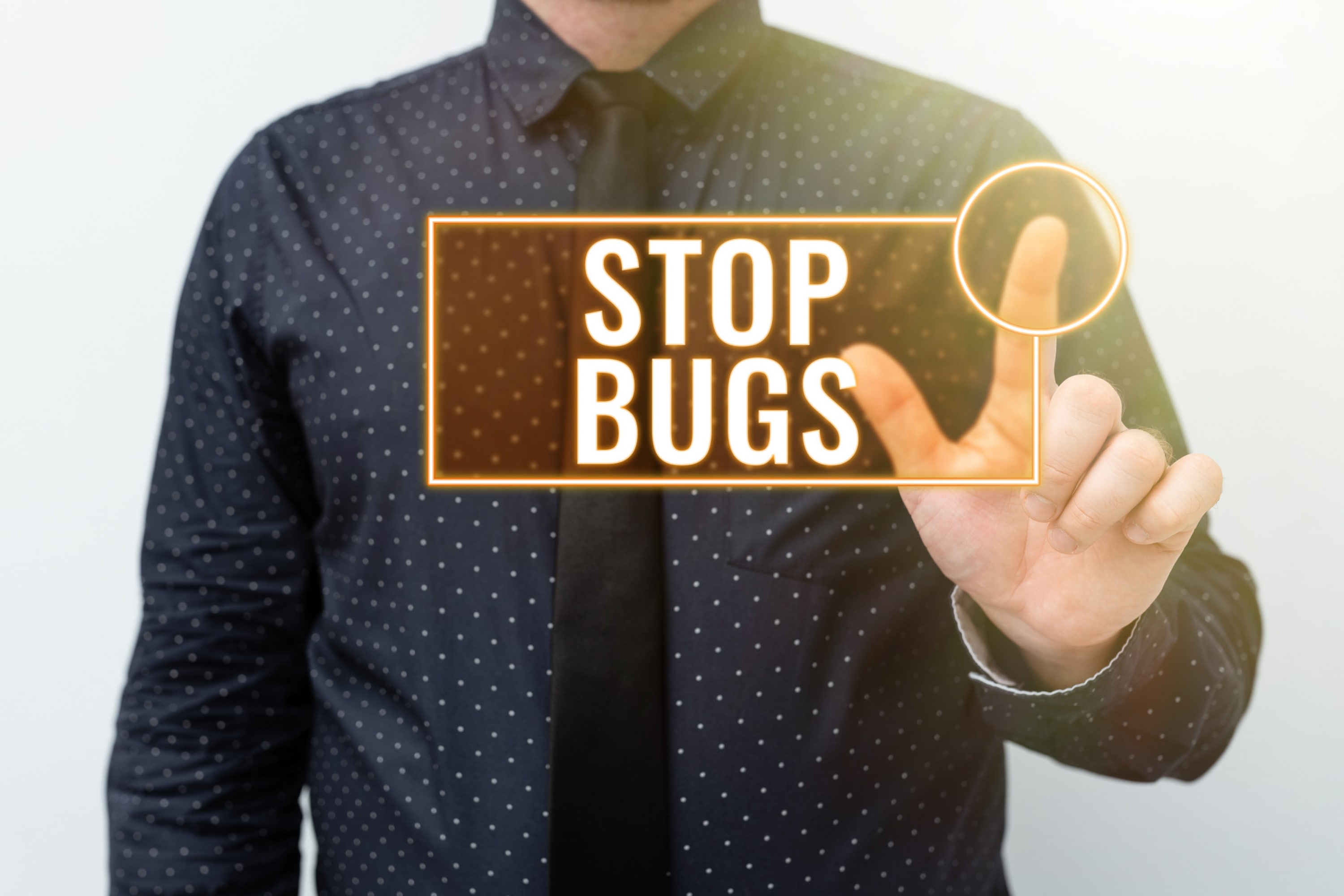
How to Get Rid of Bed Bugs: Ultimate 2023 DIY Guide?
If you are sure you have a bed bug infestation in your home, you must take all the necessary steps to get rid of these pests as soon as possible! The procedure will be quite laborous and long-lasting, but on the other hand, it will be efficient.
- Wash all the bedding in hot water (119-124 degrees) and dry on high heat.
- Wash all your clothes, stuffed toys, fabric curtains, pet beds, etc.
- Before moving anything from your bed room, seal it in a plastic bag or bin.
- Vacuum everywhere, paying special attention to your mattresses and areas around the bed!
- Kill bed bugs and their eggs with a contact chemical killer or steam.
- Install a mattress encasement with an impenetrable liner that goes all the way around your mattress.
- Use a residual bed bug killer product (e.g., Diatomaceous Earth)
- Vacuum your floors and furniture daily.
- Wash your bedsheets every few days to prevent further infestation.
- Reapply the bed bug killers after each vacuuming.
- These steps will help you eliminate these pests effectively.

Do Bed Bugs Have Natural Predators?
The major problem with the majority of house parasites is that they are specialized in a very specific and narrow niche. For example, fleas are closely related to scorpionflies.
Though these flies have plenty of naturally occurring predators, few of those predators are capable of following the fleas onto the mammalian bodies where these parasites dwell. Thus, fleas have eliminated many of their natural predators by adapting to life as a parasite.
If we think of bed bugs, they are no different in fact. As they have invaded our homes, as well as our bedrooms, they moved into a place that is purposely sparse on other insect predators.
While there is indeed a number of insects that technically feed on bed bugs, most of these insects are either not safe for humans, or they are simply something that you would not like to have in your house crawling around your mattress while you sleep!
So basically, there are no real natural predators that habitually prey on bed bugs or have evolved them as their primary source of food. So keep in mind that, while there are still certain bugs and insects that can eat bed bugs, very few of them can be called suitable as a form of natural population control!
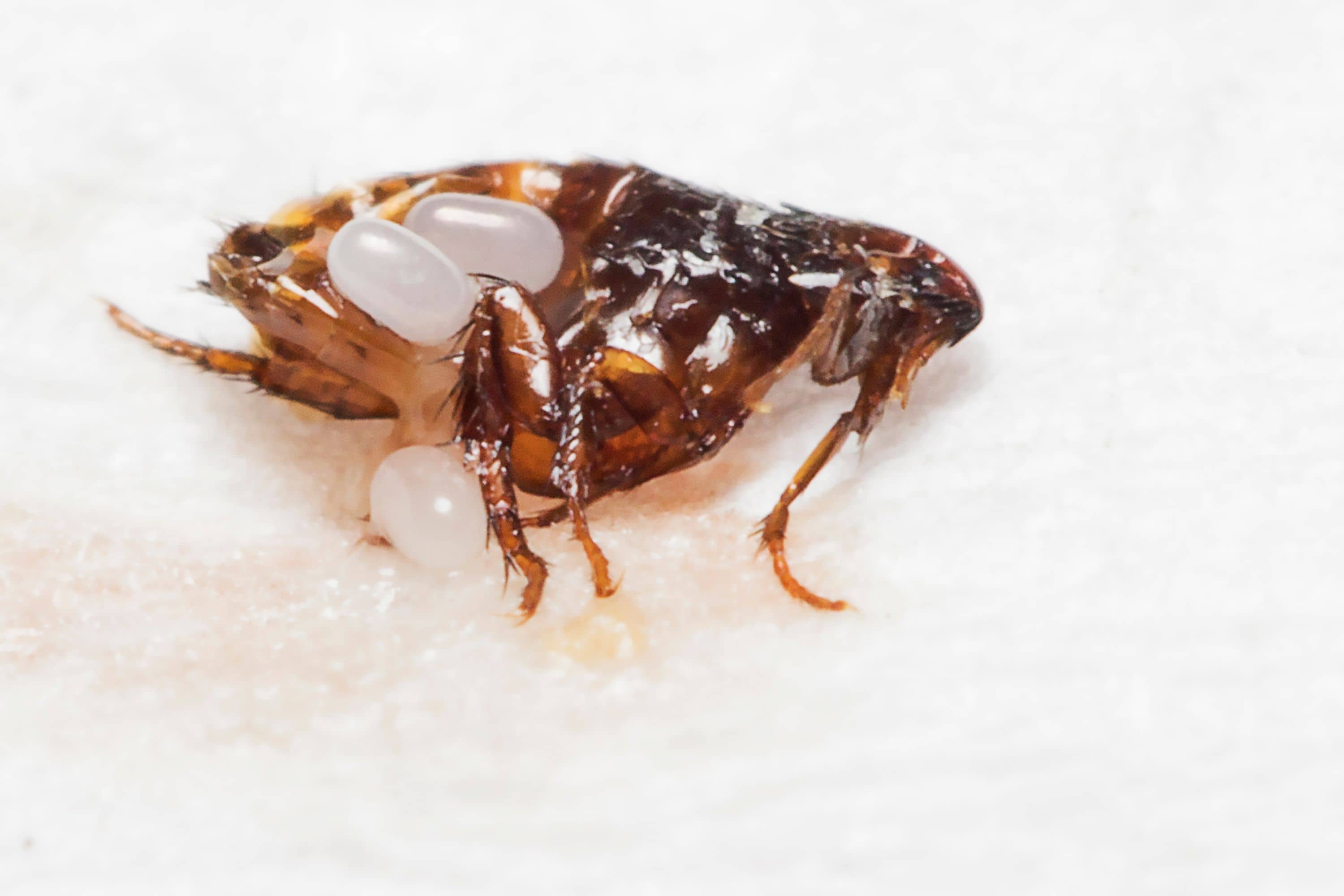
Insects That Are Not the Predators
Despite the fact that certain insects and bugs prey on bed bugs, there are also those that don’t eat them and thus they can not be considered your helpers in destroying those parasites.
While you might think that all the bugs and insects feed on bed bugs, this is not correct. In fact, quite many of them are strictly herbivores! For instance, such as the insects you will find below.
Grasshoppers
Grasshoppers do not actually prey on other insects! While they do consume proteins of old animal matter, they are mostly plant-eaters.
So if you see grasshoppers around your home, including your bed and furniture, do not attribute that to actual bed bug infestation. Perhaps, you just have a really nice yard, with plenty of plants for them to devour!
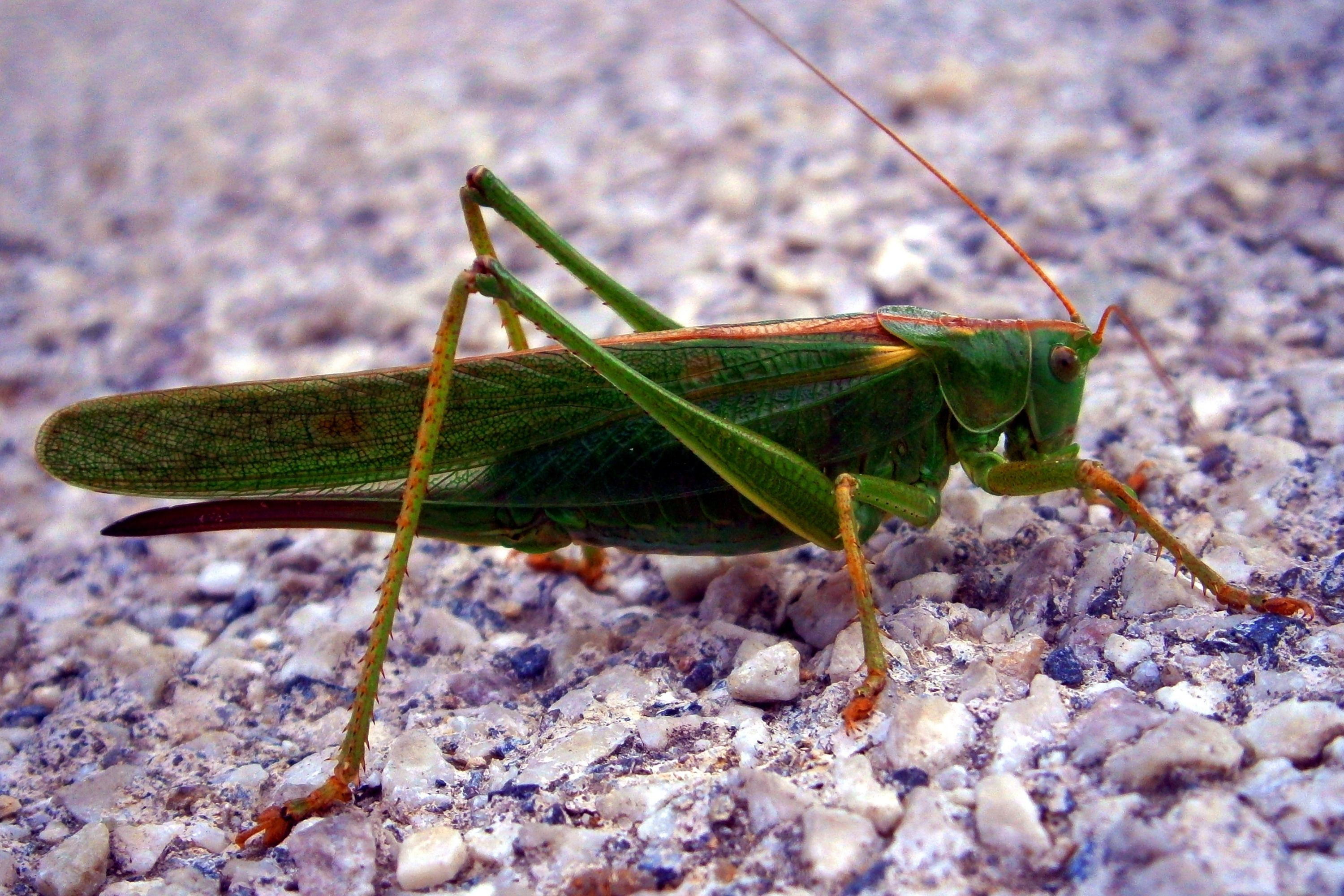
Beetles
Most beetles are also herbivores, just like grasshoppers. So you will be more likely to see them in your garden rather than around your house seeking and hunting for bed bugs. There are many different types of beetles, but the majority of them will stick to plants as food.
Also, similar to grasshoppers, beetles may consume old animal matter, but in general, only when it is a residue left on a plant that they want to consume.
Conclusion
So now you know everything about the bugs and creatures that feast on these pests. And also, we told you what insects can not be considered bed bugs hunters. In addition, now you have a complete and detailed guide on how to eliminate and kill bed bugs in your home successfully with the minimal harm to inhabitants. With that in mind, you can now easily define what insects can help you with fighting these bloodsuckers, and what creatures will be actually useless.
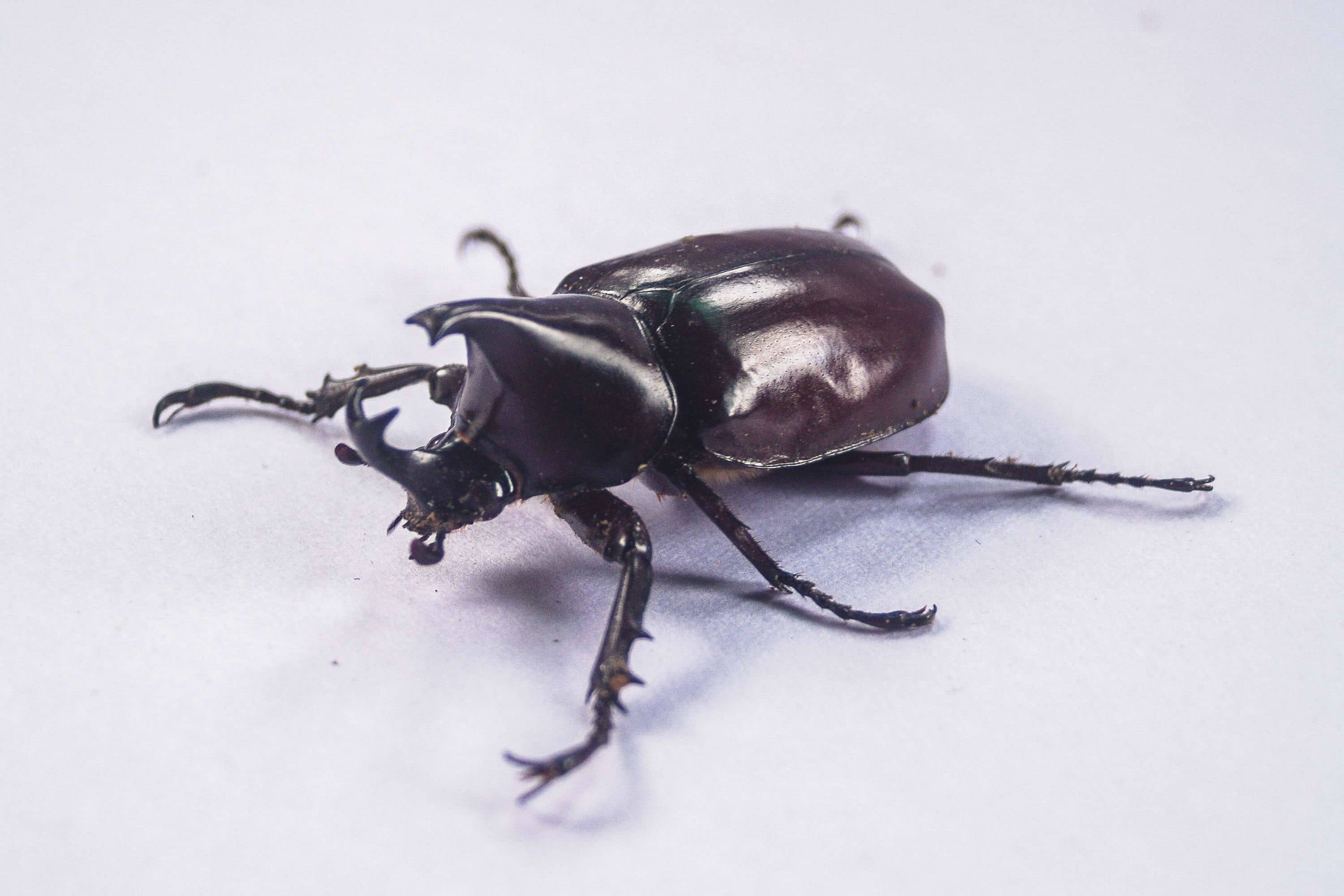
[wp-faq-schema title=”Frequently Asked Questions”]
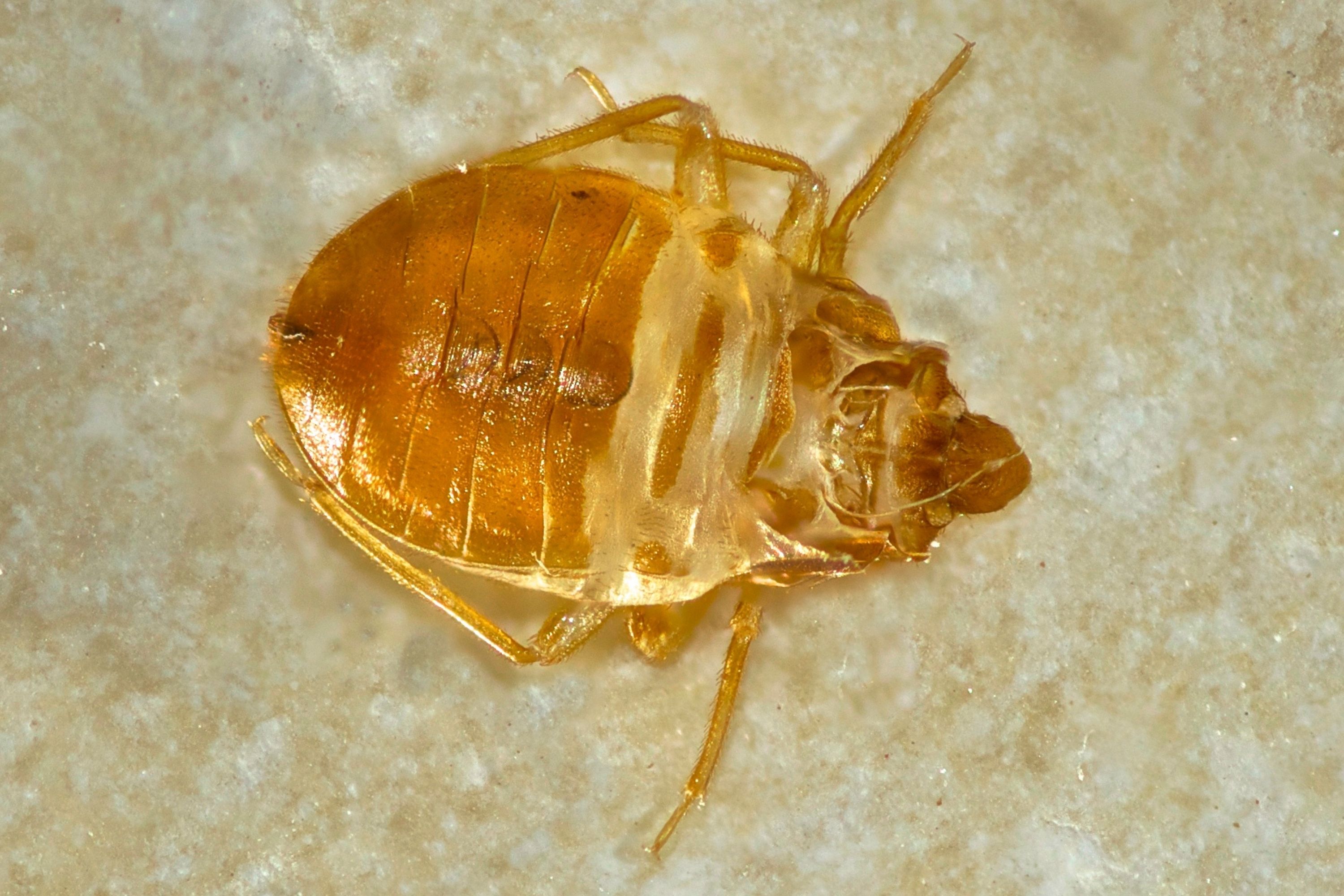
What insect only eats bed bugs? Are there any at all? We have recently spotted an infestation so now I’m wondering whether it can be destroyed naturally somehow.
As far as I know, there are no bugs or insects that eat bed bugs only. And I’d not recommend you rely on Mother Nature only! Natural predators can, of course, decrease your bed bug population, but they will not destroy it completely. You have to call the exterminator anyway.
I heard that spiders prey on bed bugs. Does anyone know what kind of spider eats bed bugs exactly?
I’m pretty sure that all the spiders that dwell in our homes feast on those parasites! At least I never heard of some particular species of spiders that only eat bed bugs.
Hi! I need your help, folks. Look, is a masked hunter the same as a bed bug?
Hi! No, they are different. In fact, bed bugs serve as food for masked hunters! Besides, as far as I remember, bed bugs look different from masked hunters.
What do bed bugs eat other than blood? Can they feed on skin or something else?
Bed bugs feed on human blood only. They don’t eat other bed bugs when there is no food, and they can’t process food crumbs or dead skin. They’re not designed to feed on anything but human blood.
Do geckos eat bed bugs? I notice quite many geckos around my property, so I though that there might be a bed bug colony or something.
Well, geckos can hardly serve as a 100% sign that you have bed bugs at home. However, these lizards do feed on bed bugs! In fact, geckos are very good at bed bugs extermination!
Hello. Speaking of animals and other creatures that feed on bed bugs, I have a question. Do lizards eat bed bugs?
Hello. Yes, some kinds of lizards eat bed bugs. In particular, geckos are known as champions at feeding on these insects!
Do stink bugs eat bed bugs?
No stink bugs do not eat bed bugs. Stink bugs can feed on ladybugs, their eggs, and their larvae.
Do you guys know whether spiders eat bed bugs?
As far as I know, most spiders are too small to eat bed bugs, but there are some species that can. E.g., wolf spiders, jumping spiders, running crab spiders, and yellow sac spiders eat bed bugs.
Ok, since you say some spiders eat bed bugs, what about daddy long legs? Do daddy long legs eat bed bugs?
I don’t think they do! I mean, this spider is too small to hunt bed bugs! Besides, I guess it is not a hunting spider, I mean, it makes a web to catch food, it doesn’t prowl it.